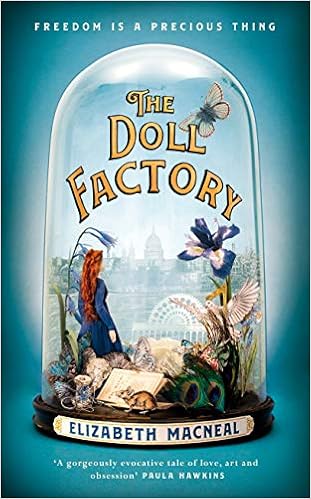 |
| Photo by Zoltan Tasi on Unsplash |
A Candy Conundrum
Relationship matters
On Halloween, the subject of
candy, or sweets, as some of us would call them, cannot be avoided.
Advertisements everywhere, reminders to buy treats, even though trick or
treating has been ruled out due to the risk of spreading Covid-19. I set up a
treasure hunt indoors for my granddaughter, searching out mini packets of candy
under beds and behind doors. It was fun for a little while and helped to give
the day a Halloween feel.
But that is not what this
story is really about. What I am going to describe is a serious issue that
affects the enjoyment of candy, impacting on relationships. At least I am
assuming that there are many couples out there who have this same problem. In
the grand scheme of things it might seem relatively minor, but believe me, it
is only minor if you are not afflicted by it.
Here is how it begins. Early
in your relationship, it feels good to go to the cinema, and just before you
take up your seats, you probably buy some candy or popcorn. If you only buy
popcorn, then you can avoid this little problem. If you choose soft candy, everything will be alright also.
It is the hard candy, the boiled sweets, the pear drops, bulls-eyes, the gob
stoppers and any other variety in this category that cause the problem. You buy
a bagful to share, because sharing brings you closer and dating is all about
sharing.
You have already had the
discussion about which candies you like best, and probably compromised a little
on the varieties, so that every type you bought
you are happy to share. You sit down and the film starts. He passes the
bag over to you and you choose one, pop it in your mouth and start to roll it
about your tongue, sucking it slowly to get the full benefit of the flavour.
He takes one from the bag,
pops it in his mouth and immediately crunches it up and it is gone! He takes
another, but of course since you are still sucking your candy slowly, you are
no way ready for another one. His second candy is smashed to smithereens in his
mouth in no time at all. Before long, he has consumed more than half the
candies and you have only had two or three. In addition, you find the crunching
noises really quite irritating, making it hard to concentrate on the dramatic
bits of the film.
Well friends, let me tell you,
there is no satisfactory solution to this problem if you want to continue to
share your bag of candy. You will simply have to accept that he is a cruncher
and you are a sucker because he certainly won’t change, and why should you?
My suggestion on how to
overcome this relationship incompatibility is to choose chocolate instead. Even
crunchers become seduced by the smooth, velvety texture of chocolate. They may
consume a little more than you, as they unthinkingly chew the first one or two,
but don’t despair, he will soon settle to a more leisurely eating pattern as
the endorphins begin to circulate in his bloodstream. The result will be a much
more mellow partner, no unpleasant mouth noises to disturb your pleasure in
watching the film and a much more equal distribution of your chosen candies.
Previously published in Medium







